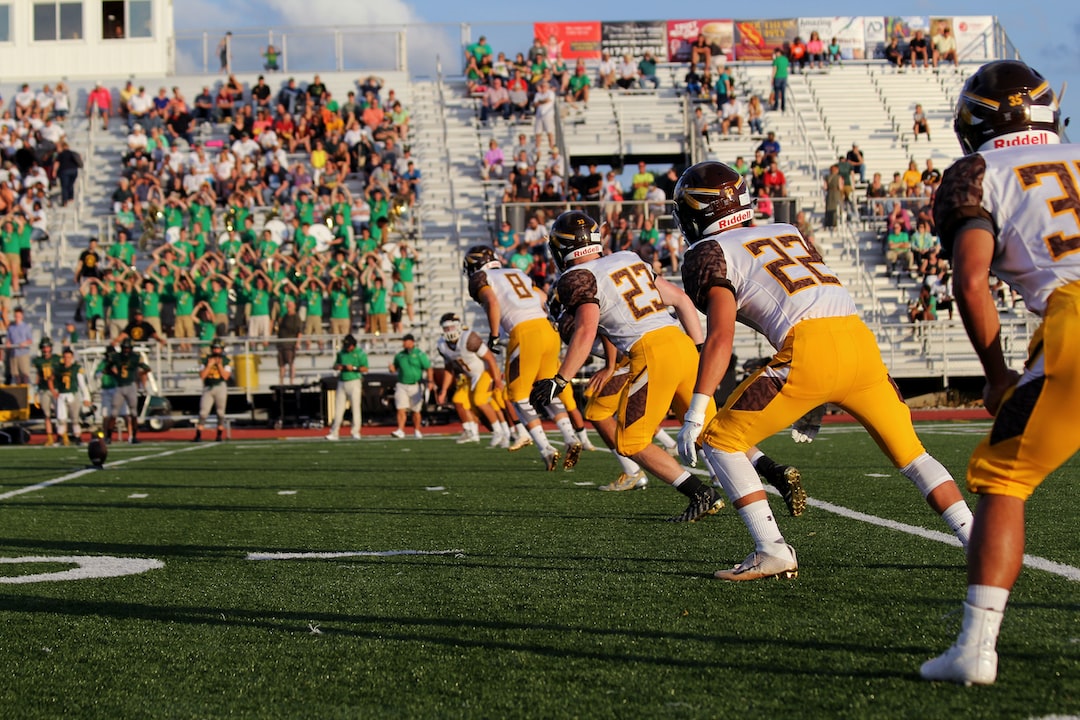The Impact of Social Media on Sports and Athlete Brands
In the digital age, social media has taken the world by storm. It has become an integral part of our daily lives and has transformed various industries, including sports. Social media platforms like Facebook, Instagram, Twitter, and YouTube have provided athletes and sports brands with an unprecedented opportunity to connect directly with their fans and build their personal brands. The impact of social media on sports and athlete brands cannot be understated, as it has revolutionized the way in which sports stars interact with their audience, market themselves, and generate revenue.
First and foremost, social media has allowed athletes to connect with their fans on a personal and intimate level. In the past, fans could only catch a glimpse of their favorite athletes through traditional media like television interviews or news articles. However, social media has changed the game entirely. Athletes now have direct access to their fans, where they can post updates about their training, share behind-the-scenes glimpses from their daily lives, and even engage in conversations with their followers. This kind of interaction humanizes the athletes, making them more relatable and accessible. As a result, fans feel a stronger connection to their favorite sports stars which, in turn, increases their loyalty and support.
Moreover, social media provides athletes with an unparalleled platform to market themselves and solidify their personal brand. Athletes are no longer dependent solely on sports organizations or endorsement deals to gain recognition and popularity. By using social media strategically, athletes can create and curate their own personal brand image. They can showcase their unique personalities, promote their achievements, and engage in various advertising campaigns. By doing so, athletes can attract sponsorships and partnerships with brands that align with their personal brand values, resulting in increased revenue and endorsement opportunities. This level of control over their own brand image is something that was not possible before the advent of social media.
Furthermore, social media has democratised sports journalism and reporting. In the past, fans relied on traditional media outlets to receive news about their favorite sports teams or athletes. However, social media has disrupted this landscape by allowing athletes to become their own journalists. Professional athletes can now break news, share updates, and announce important milestones on their own social media platforms. This direct access to athletes’ insights and updates has led to a significant shift in the balance of power between traditional media and individual athletes. It has also allowed athletes to cultivate a loyal following and become a trusted source for exclusive, real-time information.
Lastly, social media has transformed the fan experience, making it more interactive and immersive than ever before. Traditional media channels like television and radio provide a one-way street of communication, where fans passively receive information. Social media, on the other hand, invites fans to actively participate in the sporting conversation. Fans can engage in discussions with fellow supporters, participate in polls and surveys, and even receive direct responses from their favorite athletes. This level of engagement enhances the overall fan experience and fosters a sense of community and belonging. Fans now have a voice, and their opinions and feedback can directly impact the decisions and actions of athletes and sports organizations.
In conclusion, the impact of social media on sports and athlete brands cannot be overemphasized. Social media has transformed the way athletes interact with their fans, market themselves, and earn revenue. It has provided athletes with a direct line of communication to their audience, allowing for a more personal and intimate connection. Furthermore, social media has allowed athletes to curate their own personal brand image and attract lucrative endorsements. It has also democratized sports reporting and journalism, enabling athletes to break news and share updates on their own terms. Lastly, social media has revolutionized the fan experience, making it more interactive and immersive. As we continue to advance in the digital era, the impact of social media on sports and athlete brands will only continue to grow.

